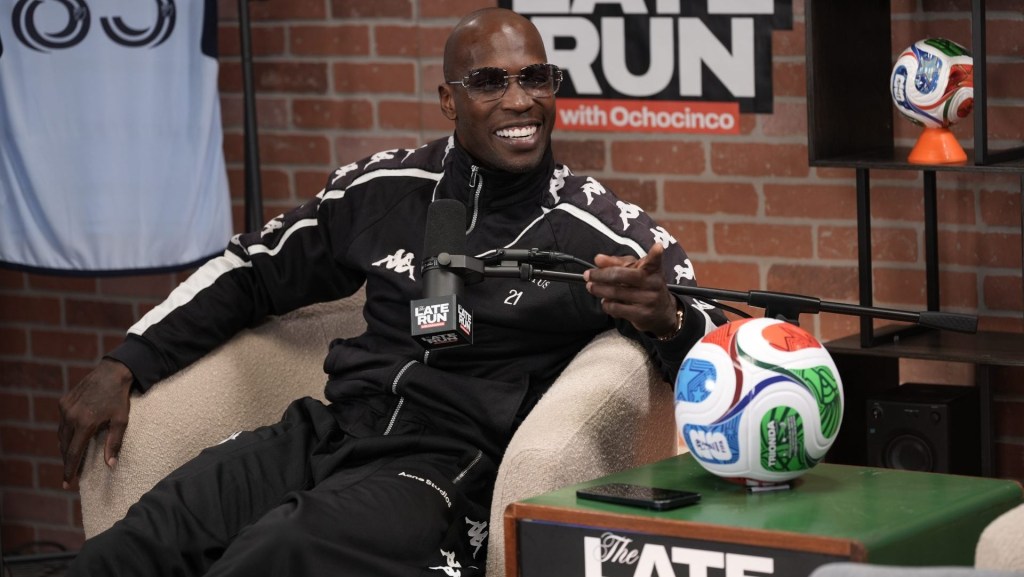The already-challenged prospect of Diamond Sports Group exiting bankruptcy without further complications has quickly gone out the window, as a new disclosure fight adds to the mounting pressures for the Bally Sports parent.
The regional sports network operator made an emergency motion before U.S. Bankruptcy Court for a discovery conference Tuesday to try to resolve further issues raised by MLB, the NBA, and the NHL. Building on previously stated concerns about the future viability of DSG, the leagues now have asked for copies of the company’s distribution contracts with key cable carriers such as Charter and Cox Communications, the prior deal with Comcast, as well as the post-bankruptcy deal it has with Amazon Prime Video, to help decide whether it will formally contest the reorganization.
Discovery requests such as this, even late in a bankruptcy reorganization, are not uncommon. But the drama in this situation has been heightened on two fronts. First, a hearing to approve DSG’s exit plan has already been postponed from June 18 to July 29, and Judge Christopher Lopez has not shown an eagerness for further delays—raising the time pressure of the situation. Second, the latest request from the leagues centers on highly sensitive cable distribution pacts, and many of the involved parties are reluctant to engage in any process that threatens the confidentiality terms of those agreements.
“The debtors would like to produce information necessary for the leagues to assess the feasibility of the debtors’ plan, but also not to wish to run afoul of applicable confidentiality provisions,” DSG said in a court filing. “This is especially true given the importance of the debtors’ relationships with the leagues, the distributors, and Amazon alike.”
Cable View
While the tone of DSG in the latest filing was respectful and nuanced, Cox was more insistent in its appeal to the court. Responding to the motion Monday, Cox said the leagues’ “sweeping” discovery requests “risk significant competitive harm to Cox”—particularly around the subject of “most-favored nation provisions” that are common in the cable business and protect one carrier from having a much worse deal with a programmer than another carrier.
Instead, the distributor offered a more targeted form of discovery that included aggregated revenue on a historical and projected basis.
“Given the competitive sensitivity of the information and its impact on future business negotiations, Cox believes it essential that the information be aggregated across providers and markets,” the company said.







![[Subscription Customers Only] Jun 15, 2025; Seattle, Washington, USA; Botafogo owner John Textor inside the stadium before the match during a group stage match of the 2025 FIFA Club World Cup at Lumen Field.](https://frontofficesports.com/wp-content/uploads/2026/02/USATSI_26465842_168416386_lowres-scaled.jpg?quality=100&w=1024)
![[Subscription Customers Only] Jul 13, 2025; East Rutherford, New Jersey, USA; Chelsea FC midfielder Cole Palmer (10) celebrates winning the final of the 2025 FIFA Club World Cup at MetLife Stadium](https://frontofficesports.com/wp-content/uploads/2026/02/USATSI_26636703-scaled-e1770932227605.jpg?quality=100&w=1024)








